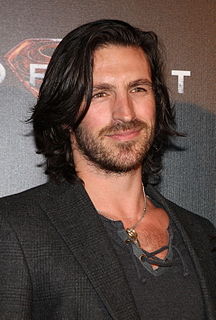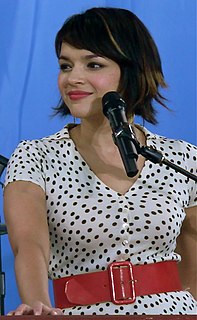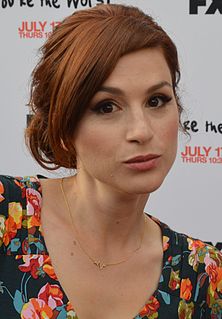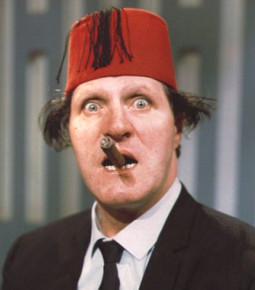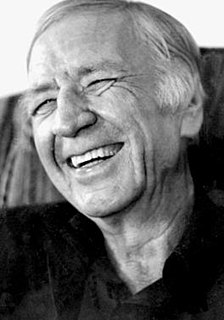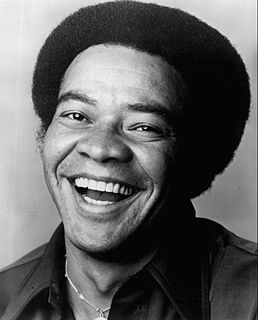A Quote by J. K. Rowling
Whatever the reviewers feel about 'The Casual Vacancy', it is what I wanted it to be, and you can't say fairer than that as a writer.
Related Quotes
In lots of books I read, the writer seems to go haywire every time he reaches a high point. He’ll start leaving out punctuation and running his words together and babble about stars flashing and sinking into a deep dreamless sea. And you can’t figure out whether the hero’s laying his girl or a cornerstone. I guess that kind of crap is supposed to be pretty deep stuff—a lot of the book reviewers eat it up, I notice. But the way I see it is, the writer is just too goddam lazy to do his job. And I’m not lazy, whatever else I am. I’ll tell you everything.
What work do I have to do then?" said Will, but went on at once, "No, on second thought, don't tell me. I shall decide what I do. If you say my work is fighting, or healing, or exploring, or whatever you might say, I'll always be thinking about it. And if I do end up doing that, I'll be resentful because it'll feel as if I didn't have a choice, and if I don't do it, I'll feel guilty because I should. Whatever I do, I will choose it, no one else.
Under true peer-review...a panel of reviewers must accept a study before it can be published in a scientific journal. If the reviewers have objections the author must answer them or change the article to take reviewers' objections into account. Under the IPCC review process, the authors are at liberty to ignore criticisms.




